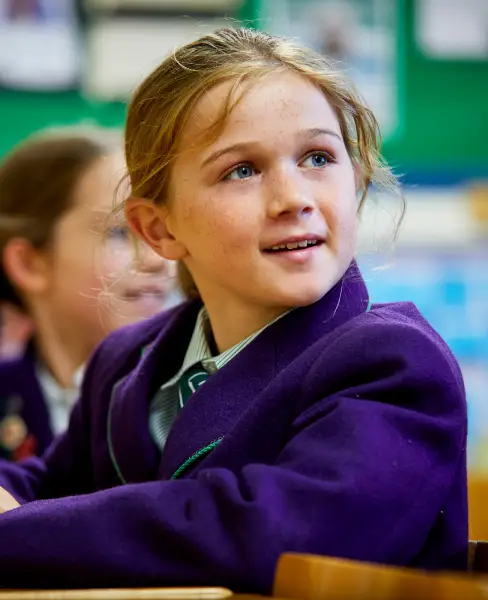IT
Our Parkgate House IT curriculum introduces students to the essential concepts and skills required for digital literacy in a world where technology is a key part of our everyday lives. We achieve this through a project-based curriculum where collaboration and technical skill are at the subject’s core.
In the Early Years (Nursery and Reception) there is a physical introduction to computers. Pupils learn about the basic components of a computer, including the monitor, keyboard, mouse and accessory devices. They also learn how to turn on and shut down a computer properly. Children become familiar with shapes, mechanisms and functions through roleplay and experimentation.

As they enter Pre-Prep, children learn how to navigate the desktop, open and close applications and organise files and folders. They also develop basic typing skills by learning proper finger placement and practising typing exercises. They gradually build their speed and accuracy over time. This leads to students learning how to use word processing software (such as Microsoft Word and Google Docs) to create and format documents, including writing, editing and formatting text, inserting images, and saving and printing documents.
In the Prep Department, pupils are introduced to basic spreadsheet concepts using software such as Microsoft Excel or Google Sheets. They learn how to enter and format data, perform calculations, create simple charts and understand basic formulas and functions. Pupils also learn how to create and deliver multimedia presentations using software such as Microsoft PowerPoint or Google Slides. They learn how to organise content, add text, images and multimedia elements, and use slide transitions and animations.

As pupils progress up the school, we also focus on these key IT topics:
Digital Research Skills: Students learn how to conduct online research using search engines, evaluate the credibility of online sources and gather information from various online resources. They are introduced to concepts such as plagiarism and learn how to properly cite sources.
Basic Coding and Programming: Students may be introduced to basic coding concepts through block-based programming languages like Scratch and Code for Life. They learn how to create simple interactive programs by arranging blocks of code.
Online Collaboration and Communication: Students learn how to use digital tools for online collaboration and communication, such as email, discussion forums and online collaboration platforms. They practise effective communication and collaboration skills in virtual environments.
Internet Safety and Digital Citizenship: Students learn about online safety, including the importance of protecting personal information, recognising and avoiding online dangers, and practising responsible online behaviour. They also learn about the concept of digital citizenship and the ethical use of technology.




